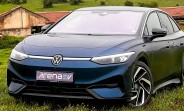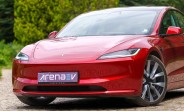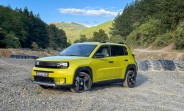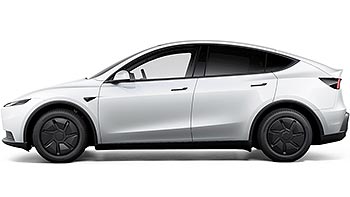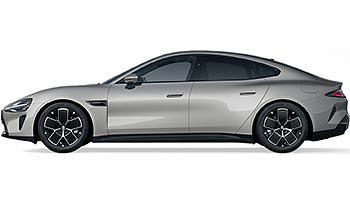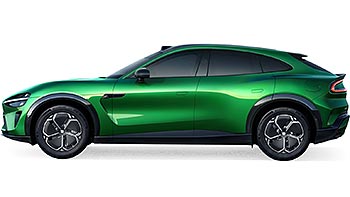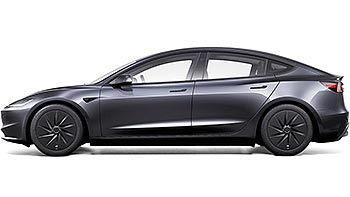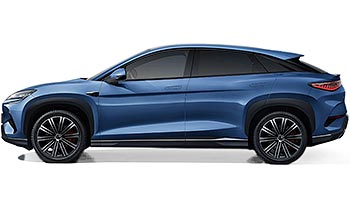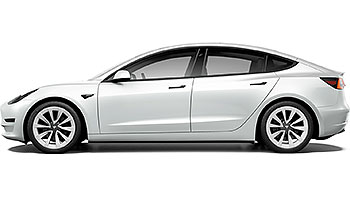Tesla bets the factory on self-driving cars, again

Tesla is hitting the accelerator on production. After a period of slow growth and parked factory plans, CEO Elon Musk announced the company will ramp up building electric cars as fast as it reasonably can. The reason for this sudden shift? Musk says he now has "clarity" on a long-promised, ever-elusive goal: full self-driving. He is betting that once Tesla cars can drive themselves, everyone will want one.
It's a sharp turn from the company's recent mood. For the last few years, Tesla's story has been one of slowing demand. The automaker, which once wanted to build 20 million cars per year by 2030, finds itself in a different reality. Today, its factories can build fewer than 3 million EVs annually, but the company uses only about 60% of that capacity. The sales slump forced Tesla to pause major projects, including a planned gigafactory in Mexico.

During a call for its third-quarter financial results, Musk explained his change of heart. He claimed he was hesitant to expand production until he was certain Tesla could achieve "unsupervised full self-driving." Now, he says, that clarity has arrived. Musk declared he is "100% confident" that Tesla will solve the self-driving puzzle. In case we all have already forgotten, he has made similar claims nearly every year for the past six years.
With his newfound confidence, Musk described what he sees as the "killer app" for Tesla. Apparently, it all comes down to one simple question: "Can you text while you're in the car?" Musk believes that once the car is so good that a driver can safely be on their phone, demand will explode. He claims that at that point, "anyone who can buy the car will buy the car. End of story." What could possibly go wrong...

This entire new strategy hinges on the futuristic Cybercab. Musk says this vehicle is the main focus of the production increase and expects it to enter production in the second quarter of 2026. The Cybercab is a radical design, built without a steering wheel or pedals, making it a massive, all-or-nothing gamble. If Tesla fails to deliver true unsupervised self-driving by 2026, the Cybercab will be completely useless.
Musk continues to offer ambitious timelines. He repeated his expectation to remove the safety monitor from Tesla's Robotaxi fleet in Austin, Texas, by the end of this year. He also wants to release unsupervised full self-driving to all consumer vehicles on that same tight schedule. This puts enormous pressure on the company's engineers to finally deliver a technology that has proven incredibly difficult to perfect.

The entire auto industry is watching as Tesla is trying to redefine what a car is. By betting the company's future growth on software, Musk is steering Tesla away from a simple manufacturing race and into a complex technological one. For the sake of employees and the investors, let's hope we are not looking at a Cybertruck 2.0.
Related
Reader comments
Nothing yet. Be the first to comment.





